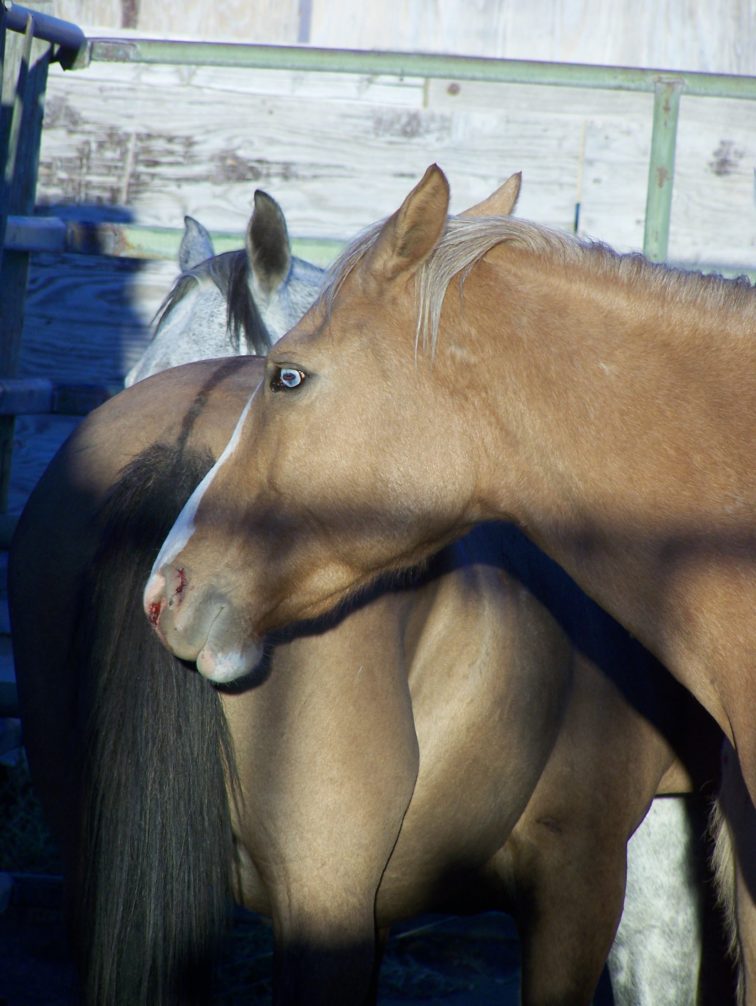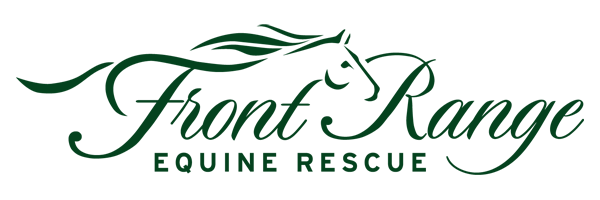
The Bureau of Land Management (BLM) recently released information that 67 wild horses at its Cañon City, CO location died from an “unknown yet highly contagious and sometimes fatal disease” which has respiratory and neurological symptoms.
The number of deaths has grown since this initial announcement.
The corrals are under quarantine while the BLM works with local, state, and federal officials to determine the cause of what killed the horses and how to manage the situation.
Horses hit hardest by this outbreak are from over 450 captured last summer from the West Douglas Herd Management Area (HMA) of Western Colorado. This area is close to the Utah border; other horses are from the Sand Wash Basin HMA in northwest Colorado.
Wild horses are traumatized during helicopter roundups as they become separated from their family bands, are placed in trucks, and are transported to often overcrowded holding corrals. Sickness is not uncommon; outbreaks of strangles are often reported resulting in quarantine situations and very ill horses.
Large corral facilities like Cañon City keep thousands of wild horses (and burros) removed from their homes on the range. Horses stand on dirt and often there are no shade structures or other protection from the elements.
It’s reported that 2,550 captured wild horses are being held at the CO facility.
Responsible horse management should include measures to limit the spread of bacterial, viral, or fungal infections which cause illness or death, and provide tighter biosecurity measures if disease breaks out.
Appropriate horse management also includes daily wellness checks along with ensuring that cleanliness, proper drainage, shelter, and insect control are maintained. Horses should be monitored for any signs of deteriorating condition, fever, loss of appetite, or other symptoms of illness. Quarantine should be readily available along with proper medical treatment.
There are many other details to a responsible disease management regime for horse owners, boarding or other barns, and the BLM’s facilities should be no different.
Large-scale holding pens are extremely difficult to properly manage. The BLM needs to rethink its plans to drastically increase the numbers of horses in its short- and long-term facilities, especially when humane on-the-range alternatives exist.
WHAT YOU CAN DO
Tell Congress to demand that the BLM takes steps immediately to reduce the chances of further outbreaks of illness and death at their facilities, and include detailed plans to shift their management from ongoing “roundup-removal-warehousing” of wild horses (and burros) to better management practices on the public lands allocated to them by law.
Reach your Senators via www.senate.gov; your House Rep at www.house.gov.
